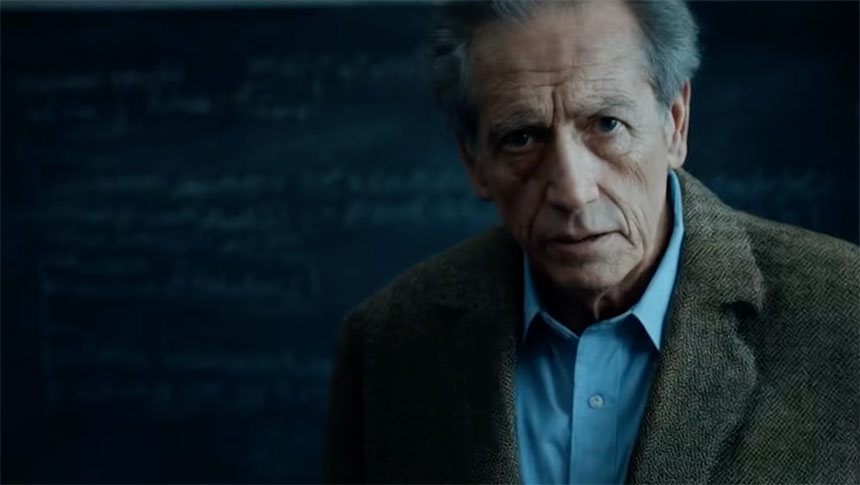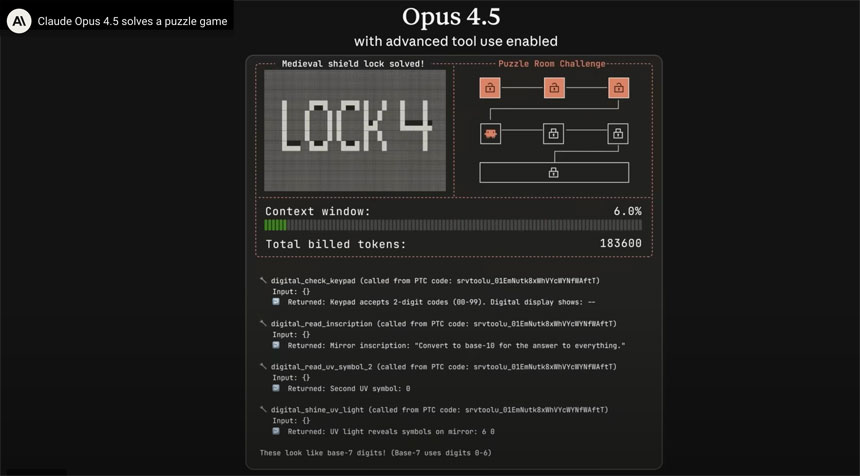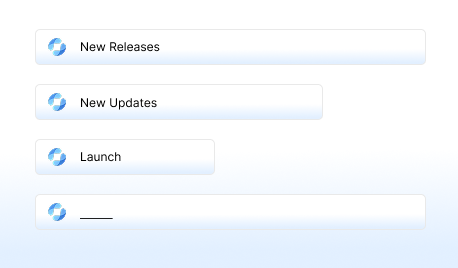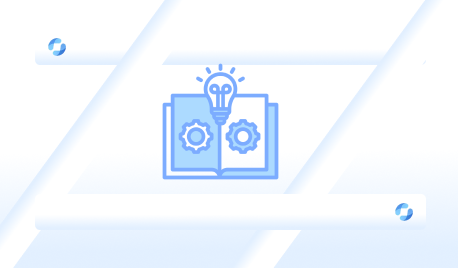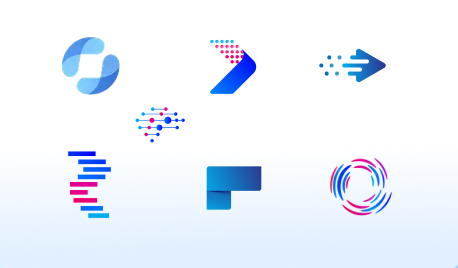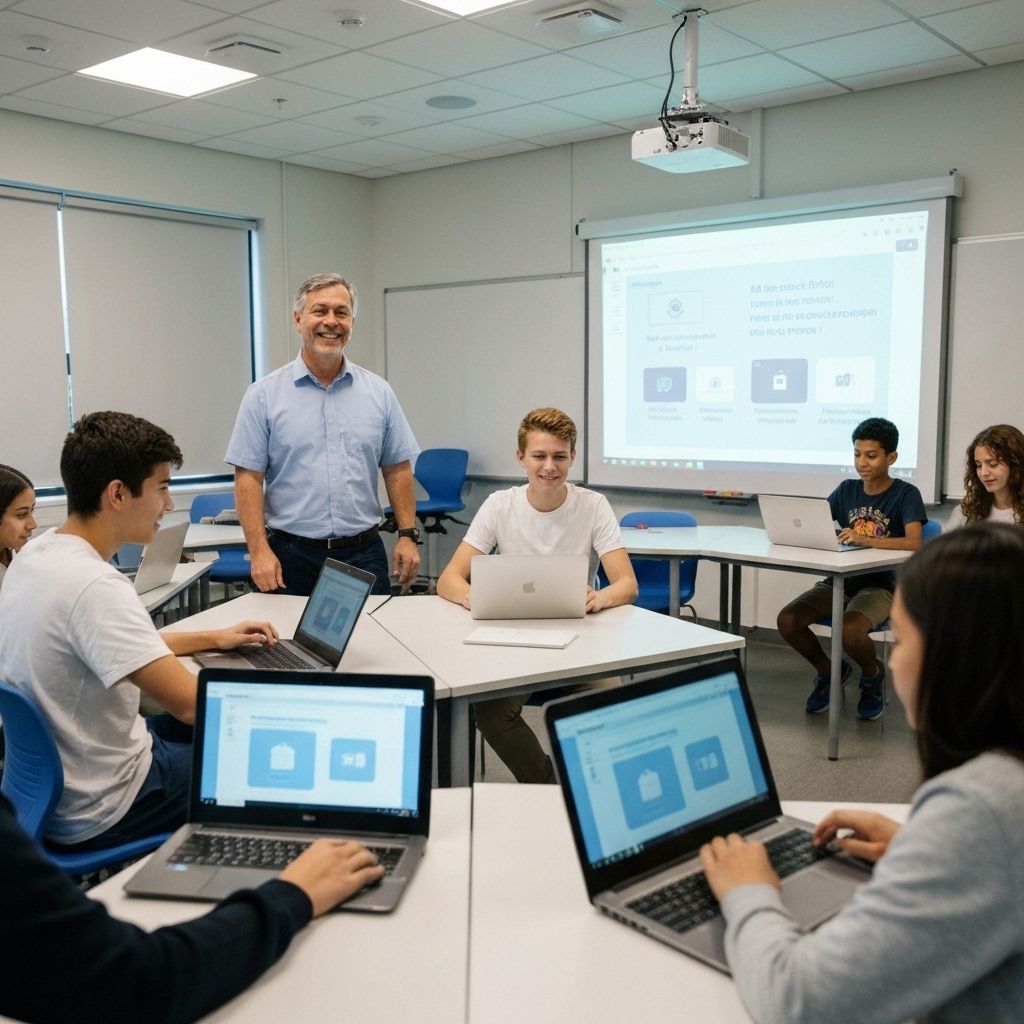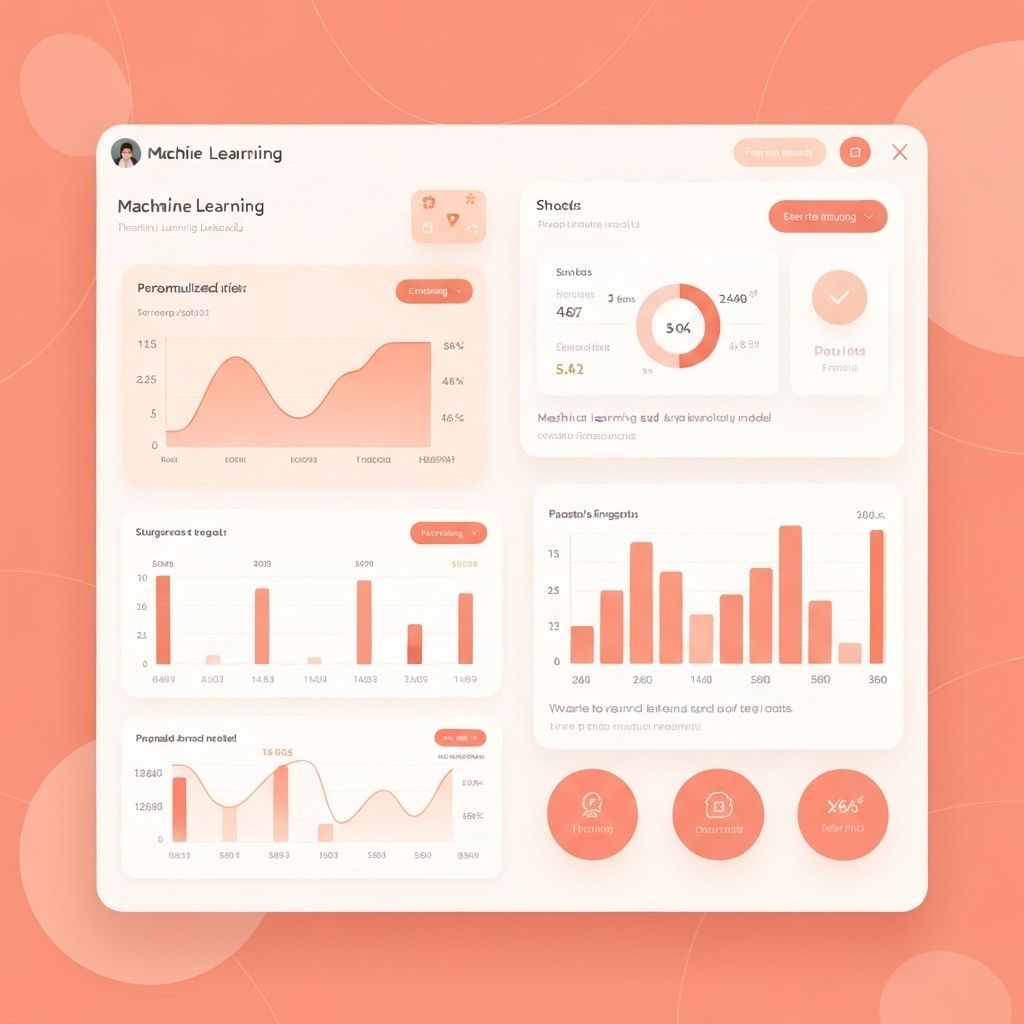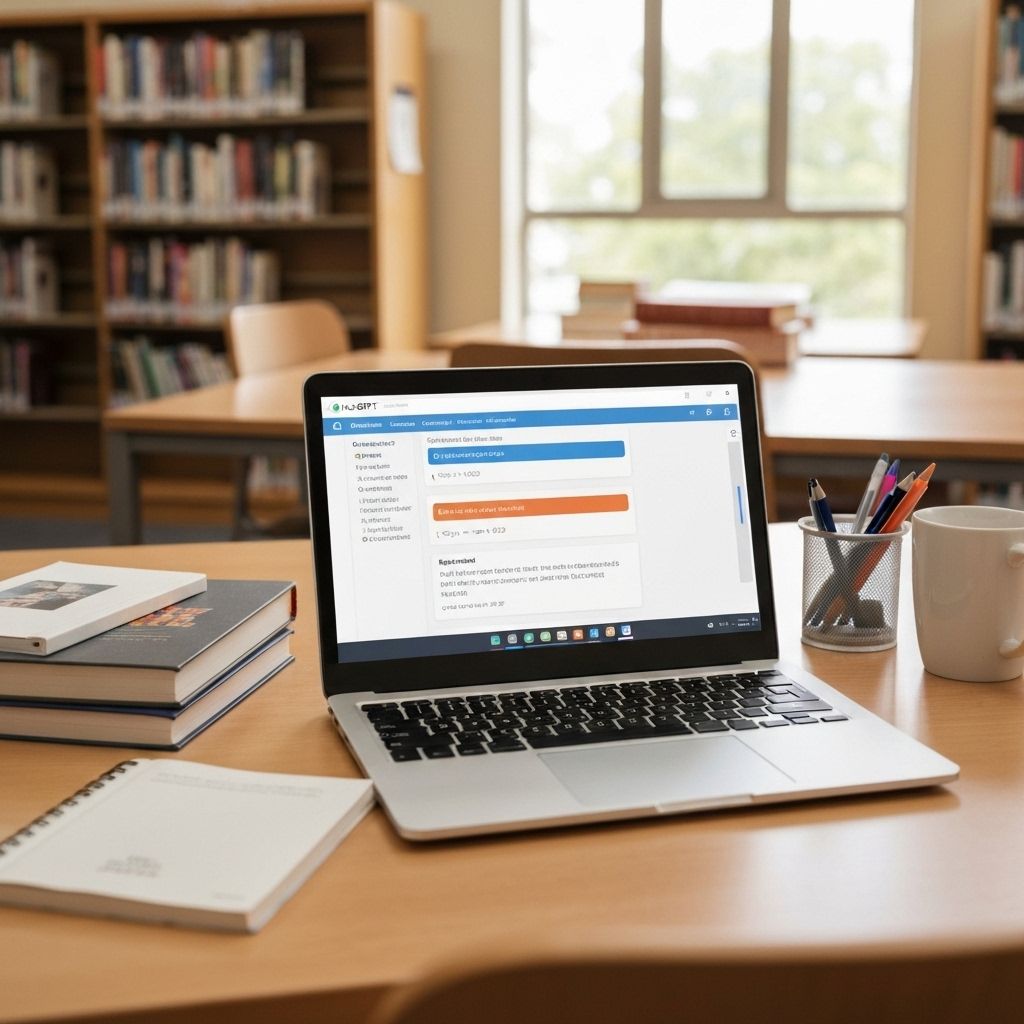No articles available
TOP NEWS
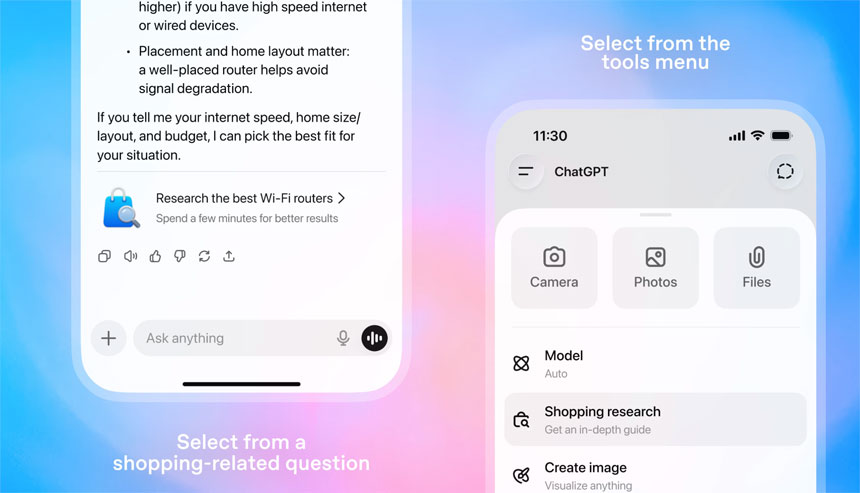
ChatGPT Rolls Out a Shopping Search Feature that Offers Personalized Buyer Guides
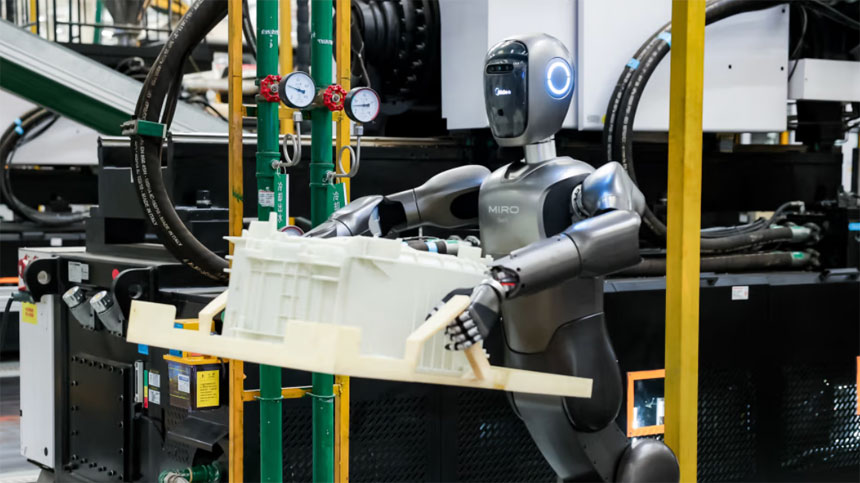
China Prioritizes an Economy Based on AI and Robot-Driven Factories
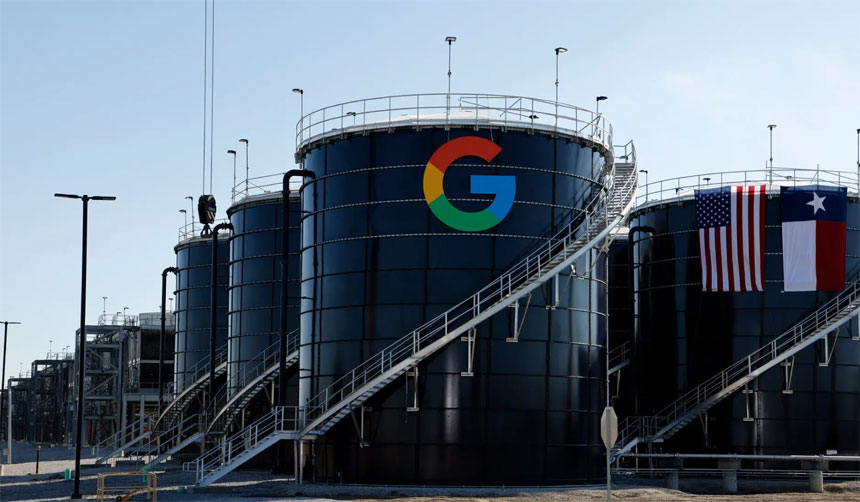
A Two-Track Economy: Only Infrastructure and Chips Are Booming
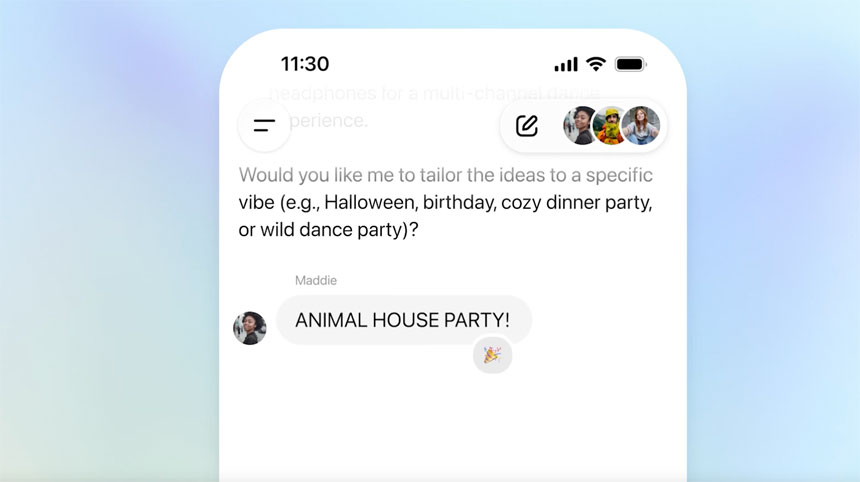
OpenAI Unveils Group Chats to Bring People Into the Same Conversation

Genespark, a Startup that Offers AI Workplace Agents, Reaches a Unicorn Valuation
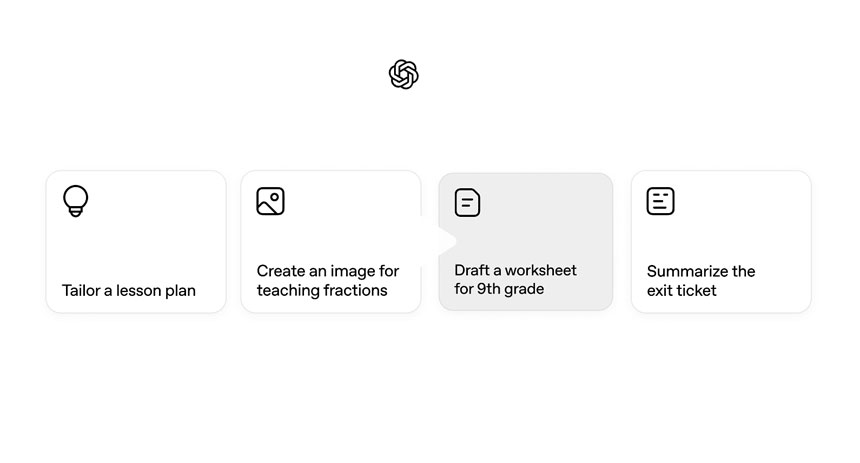
OpenAI Releases ChatGPT for Teachers, Providing Them Free Access Until June 2027
AI LITERACY
ibl.ai
Today's Summary
Tuesday, December 9, 2025
Education technology today is marked by rising AI adoption among educators and innovative personalized learning approaches.
Videos
Loading videos...
Today in AI & EdTech
Tuesday, December 9, 2025
AI is transforming the education technology landscape as more teachers adopt intelligent tools, driving forward and adaptive learning experiences.
Today in Education
U.S. Department of Education Announces New Funding for STEM Programs
The initiative aims to support science, technology, engineering, and mathematics education.
Global Education Summit Highlights Digital Learning Innovations
Leaders from around the world discuss the future of remote and hybrid learning models.
New Study Shows Benefits of Early Childhood Education
Research indicates significant long-term academic and social advantages for students.

